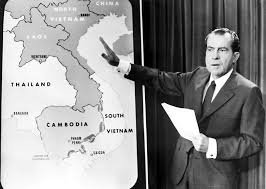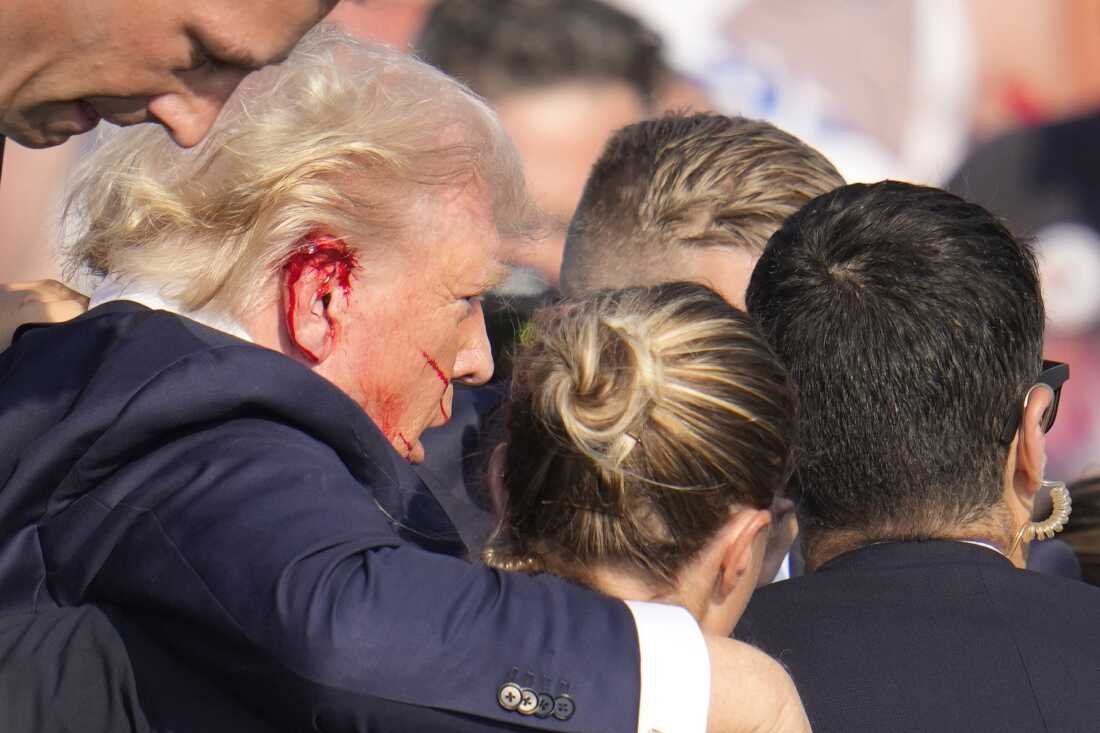Flashbacks
For those of us who were around in the 1960s 1970s and early 1980s, there was something familiar about the news on Saturday of the assassination attempt against Donald Trump. Indeed, a number of us have been getting a feeling of déjà vu with some frequency in this era when partisan politics gets ever uglier and more intemperate.
For the American political system went through some very bad times when most of us were young.
To begin with, the country, then, was involved in a futile and terribly bloody war in Vietnam. Mass anti-war protests, of a size not seen since, filled streets and parks.
American politics in our youth also remained debased by an enduring and omnipresent racism. And large uprisings—or, if you prefer, riots—fueled mostly by racial injustice and poverty, broke out in many major American cities.
And when we were young back then, sexism was just beginning to be recognized, let alone combatted. Prejudice and discrimination against and harassment of lesbian, gay, bi, trans and queer people was so pervasive and so accepted it was barely acknowledged to be a problem.
What could not be ignored were the assassinations: of President John Kennedy, of Martin Luther King Jr., of presidential candidate Robert Kennedy. It is chilling even to list them. Alabama’s former governor and presidential candidate George Wallace was shot. President Gerald Ford was almost shot. President Ronald Reagan was shot.
In addition, when we were young back then, a president was forced to resign—for the first time in American history—for essentially criminal behavior.
Is the attempted assassination of former President Donald Trump, who himself has been convicted of felonies, a sign that things are getting as heated now?
It may very well be one such sign.
For it is true that Republicans, those who have remained Republicans, and Democrats are having as much difficulty today talking to each other—remaining civilized when together—as they have had at any time in our lifetimes.
And many of their disputes are about one man—a man many Republicans, like House Speaker Mike Johnson, insist “God protected” on Saturday but most Democrats see as dishonest, immoral and corrupt.
A number of politicians can be blamed for the political turmoil of the 1960s and 1970s: Lyndon Johnson, Richard Nixon and George Wallace prominent among them. But blame for what we are currently undergoing falls largely on that one man: a former and possibly future president, known for his braggadocio, his selfishness and his lack of concern for facts, laws, norms and ethics.
I certainly do not mean to imply that Donald Trump bears any responsibility for the attempt to assassinate Donald Trump. Blame for firing those terrible shots apparently falls on one young, terribly misguided man.
But does Trump not bear considerable blame for the sordid state of our politics?
I think we can be forgiven if we’re having flashbacks lately to the troubled times of our youth. I do not think Donald Trump can be forgiven for bringing those times back.






